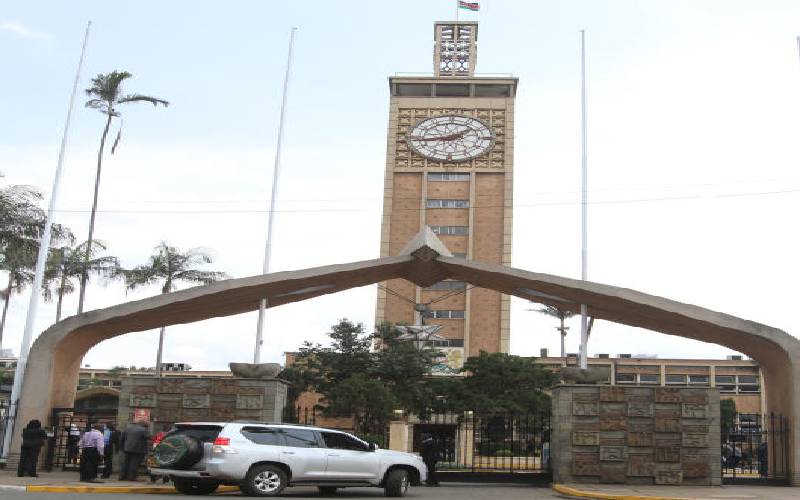×
The Standard e-Paper
Stay Informed, Even Offline

Henry Rotich may be heading the powerful Treasury docket in the public eye, but his influence as the Cabinet Secretary in charge of the country’s coffers remains weak.
Unlike his predecessors, most of Treasury’s powers were transferred to Parliament in the advent of the new Constitution.